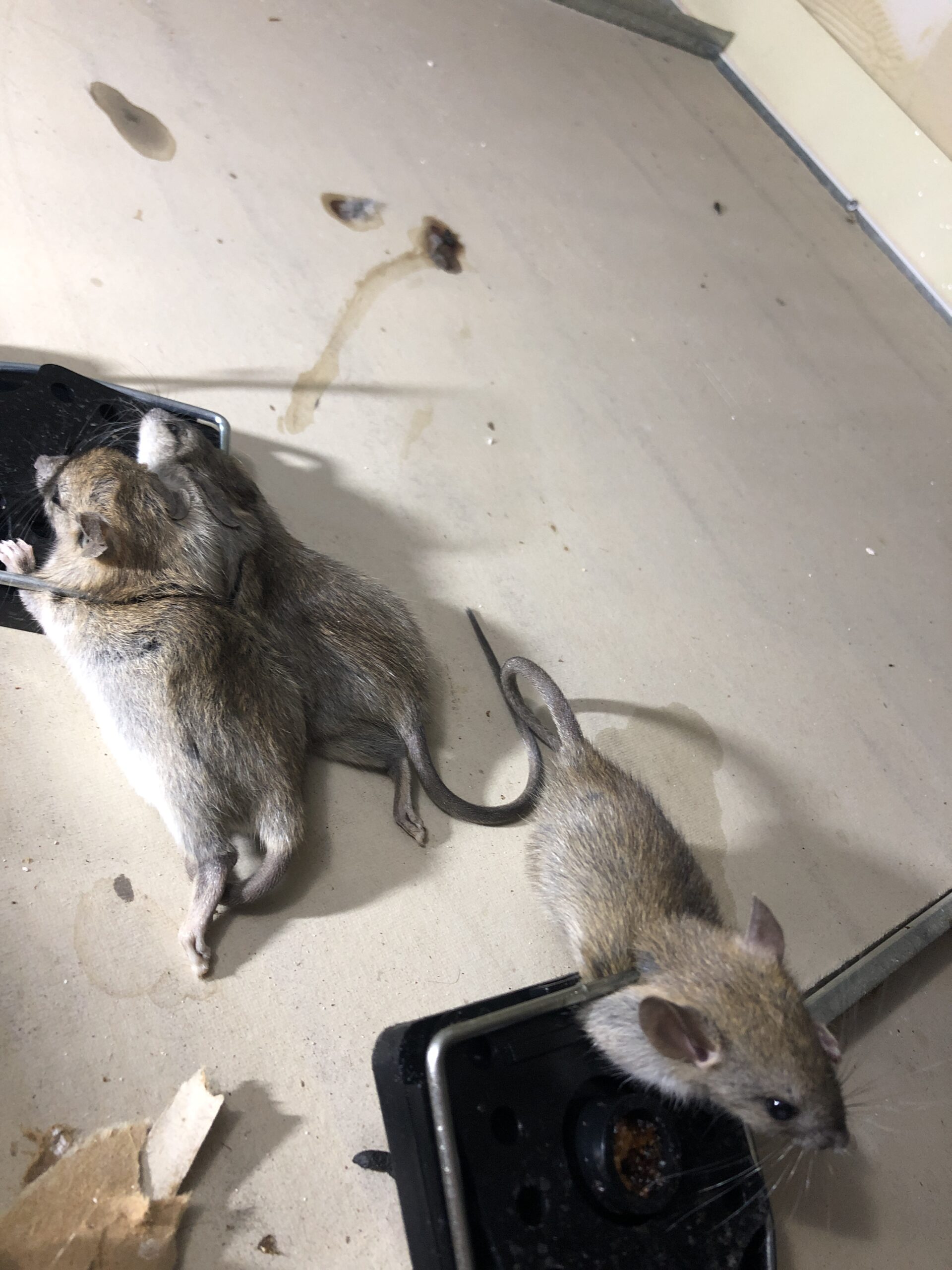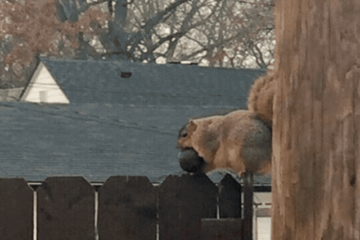When dealing with a rodent infestation, it is important to consider the various rodent control methods available. Each method has its pros and cons, and understanding them can help you choose the most appropriate approach for your specific situation. In this article, we will discuss different rodent control methods and their respective advantages and disadvantages.
- Traps:
Traps are a common and effective method for capturing and removing rodents. There are various types of traps available, including snap traps, glue traps, and live traps. Here are the pros and cons of using traps:
Pros:
– Humane: Live traps allow for the capture and release of rodents without causing harm.
– Targeted: Traps can be strategically placed in areas of high rodent activity or along known pathways.
– Safe: Traps do not pose significant risks to children or pets if used properly.
Cons:
– Limited Effectiveness: Traps may not eliminate the entire rodent population, as some rodents may learn to avoid or outsmart them.
– Monitoring and Maintenance: Traps require regular monitoring, bait replacement, and the removal of captured rodents.
– Emotional Impact: Some individuals may feel uncomfortable handling traps or witnessing trapped rodents.
- Rodenticides:
Rodenticides are chemical formulations designed to poison and kill rodents. They come in various forms, such as pellets, blocks, and liquid baits. Here are the pros and cons of using rodenticides:
Pros:
– Broad Elimination: Rodenticides can eliminate multiple rodents, including those that may be hidden or difficult to reach.
– Convenience: Rodenticides are easy to use and require minimal effort.
– Long-Lasting Effect: Rodenticides can provide extended control by targeting rodents over time.
Cons:
– Potential Hazards: Rodenticides pose risks to children, pets, and non-target animals if not used and stored properly.
– Slow Results: Rodenticides may not provide immediate control, as it takes time for the poison to take effect.
– Secondary Poisoning: Non-target animals that consume poisoned rodents may also be affected.
- Exclusion and Habitat Modification:
Exclusion involves sealing entry points and implementing habitat modifications to prevent rodents from entering your property. Here are the pros and cons of using exclusion and habitat modification methods:
Pros:
– Long-Term Solution: Properly sealing entry points and modifying habitats can prevent future rodent infestations.
– Environmentally Friendly: Exclusion and habitat modification methods do not involve the use of chemicals or traps.
– Comprehensive Approach: These methods address the root cause of the infestation by denying rodents access to your property.
Cons:
– Labor-Intensive: Exclusion and habitat modification methods require time, effort, and skill to identify and seal entry points effectively.
– Professional Assistance: Some exclusion techniques may require professional expertise to ensure proper sealing and prevent future access points.
– Initial Cost: Implementing exclusion methods may involve upfront costs for materials and professional services.
- Professional Pest Control Services:
Hiring professional pest control services, such as Red Rover Rodent Removal, offers expertise, experience, and comprehensive solutions. Here are the pros and cons of seeking professional assistance:
Pros:
– Expert Knowledge: Professionals have in-depth knowledge of rodent behavior and effective control strategies.
– Tailored Solutions: Professional services provide customized treatment plans based on the specific needs of your property.
– Long-Term Prevention: Professionals can offer ongoing monitoring, maintenance, and preventive measures to minimize the risk of future infestations.
Cons:
– Cost: Professional services may involve upfront costs, depending on the extent of the infestation and the services required.
– Reliance on External Assistance: Relying on professional services means you may need to contact them for ongoing support and maintenance.
Choosing the right rodent control method depends on several factors, including the severity of the infestation, your preferences, and the specific requirements of your property. Traps offer targeted and humane control but require ongoing monitoring. Rodenticides can provide broad elimination but come with potential hazards. Exclusion and habitat modification offer long-term prevention but require labor and sometimes professional assistance. Professional pest control services provide expertise, tailored solutions, and ongoing support but involve costs. Considering the pros and cons of each method will help you make an informed decision and effectively address your rodent infestation.




